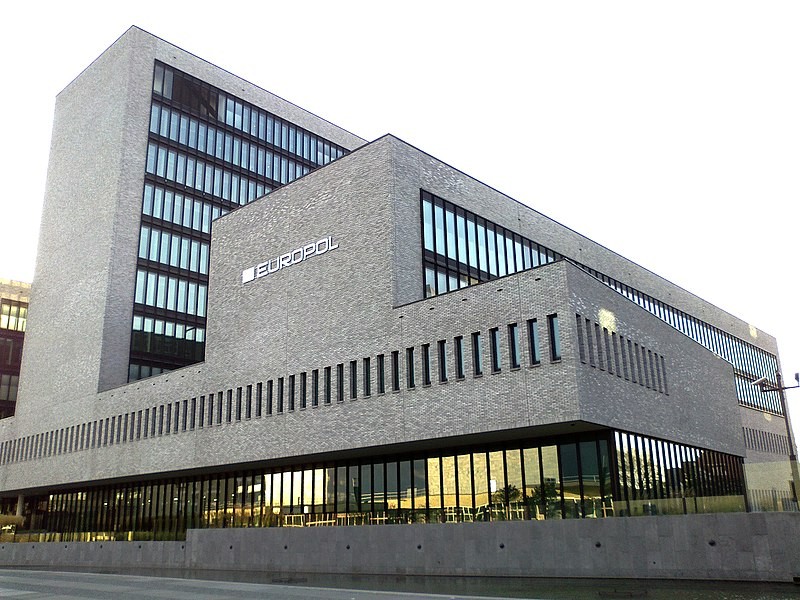“Professional money launderers—and we have identified 400 at the top, top level in Europe—are running billions of illegal drug and other criminal profits through the banking system with a 99 percent success rate,” Wainwright said in an interview with Politico.
The European Union agency has became more prominent as a result of terrorist attacks across Europe, yet financial crimes have not faced the same scrutiny even though dirty money plays a significant role in financing these operations.
Money laundering is understood as a country by country issue instead of being tackled as it flows: transnationally. An issue Wainwright acknowledges.
Communication to combat it becomes derailed since the EU lacks an organization capable of providing the needed lines of data sharing to appropriately deal with this illegal cash. Crime groups then maintain their shady wealth and expand their operations.
“While structures exist to facilitate cross-border cooperation between national units, significant barriers in international cooperation and information exchange remain, revealing the urgent need for supranational overview in increasingly global markets,” Wainwright said in September 2017 when Europol released its report on anti-money laundering efforts.
The report said that communication between financial intelligence units across the EU had increased since 2014. However, only two EU countries, the United Kingdom and the Netherlands, received 65 percent of total suspicious transaction reports. Then, only ten percent were investigated after being collected.
Europol’s money laundering assessment urged supranational cooperation and reporting as well as recommending countries address possible uses of new technologies in cyber-related financial crimes.
Wainwright leaves Europol in May after almost ten years to join Deloitte’s Cyber team in its European cyber security practice.






